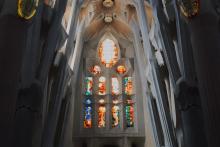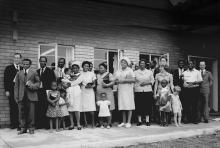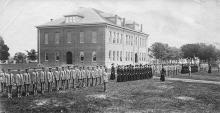Stained-Glass Sexuality: Restoring Wholeness in a Disintegrated World
One of the most striking aspects of the creation narrative is the concept of tobh or tov, God’s proclamation that His creation is defined by His inherent goodness. It is an expression of congruence between the Maker and that which He has made, the resonance of love between a Father and that which has been birthed into existence. Inherent in this goodness, we see connectedness and relationality as defining features of the created world, epitomized by the first man’s awakening attunement to God, to creation, and ultimately, to another—woman.










